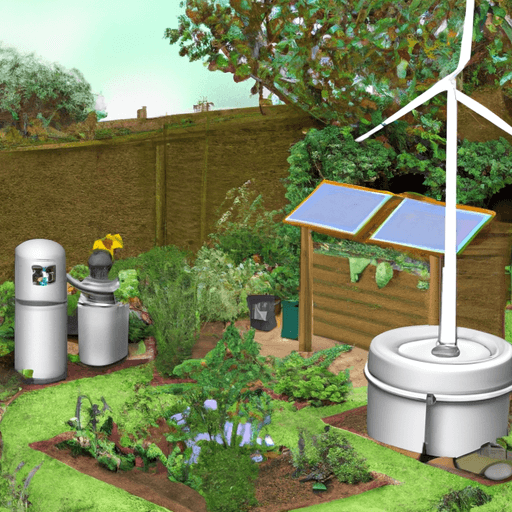Transforming your Garden into a Sustainable Eco-Space - A Comprehensive Guide
Eco-gardening is more than just a trend. It\'s a lifestyle that helps us contribute to a healthier planet. Whereas typical gardening may involve the use of synthetic fertilizers, pesticides and wasteful water usage, eco-gardening utilizes sustainable, eco-friendly methods. Here we explore innovative techniques to transform typical gardens into sustainable eco-spaces.
What is Eco-Friendly Gardening?
Eco-friendly gardening, or sustainable gardening, is a means to cultivate a garden that is harmonious with the environment. It minimizes harm to the ecosystem by using organic materials, reducing waste, saving water, attracting beneficial insects and adapting other environmental-friendly practices.
Techniques to Implement Eco-Friendly Gardening
Transforming your garden into an eco-space does not necessarily require monumental efforts. From a small herb garden to a large landscape, these techniques can be implemented on all scales.
Use of Organic Materials
Instead of relying on synthetic fertilizers, use organic compost to feed plants. Organic compost provides nutrients for the soil, improves its structure, and promotes healthier plant growth. Composting at home also serves as an excellent method of waste reduction.
Saving Water
Water is a precious resource and conserving it should be a priority. Choose plants adapted to your local climate to reduce water usage. Also, consider rainwater collection systems to water your plants.
Attracting Beneficial Insects
Beneficial insects serve as a natural pest control method. Planting certain flowers and herbs like marigolds or basil can attract these insects, reducing the need for synthetic pesticides.
Planting Native Plants
Native plants are adapted to their local ecosystem and require less maintenance. These plants also tend to attract local wildlife, enhancing biodiversity.
Utilizing Natural Pest Control
Instead of chemical pesticides, opt for natural alternatives. This could include companion planting, wherein certain plants are grown together to discourage pests, or encouraging birds and insects that prey on garden pests.
Renewable Resources
From solar-powered lights to rainwater collection systems, renewable resources reduce your garden's environmental impact. They also often result in savings in the long run.
The Impact on Environmental Sustainability
By practicing eco-friendly gardening, we not only nurture a green and healthy garden but also contribute to a healthier planet. As we exchange synthetic products for organic ones and reduce water usage, we minimize our ecological footprint, helping to create a sustainable environment for future generations.
Conclusion
While it may seem overwhelming at first, transforming your garden into an eco-space can be achieved step by step. Implementing even one of these sustainability suggestions can make a difference. So, let\'s start small, but dream big, and make our gardens contribute positively to our planet.


















Comments
Leave a Comment